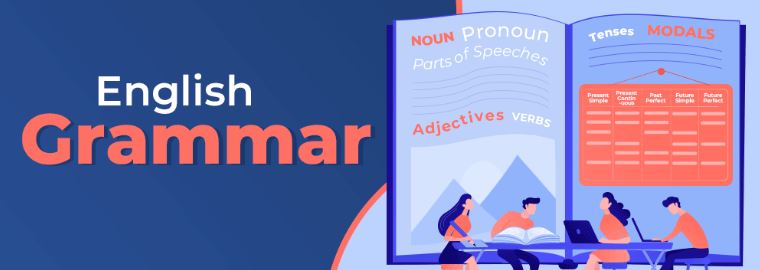Learning faster and improving your memory can be achieved through various techniques and strategies. Here are some tips to help you learn more efficiently and enhance your memory retention:
- Active learning: Engage actively with the material you are studying. Instead of passively reading or listening, take notes, ask questions, and participate in discussions. Actively processing information helps improve understanding and retention.
- Set clear goals: Establish specific and realistic learning goals for each study session. This provides focus and direction, making your learning more purposeful and effective.
- Use different learning methods: Incorporate a variety of learning techniques, such as reading, writing, listening, and visualizing. Experiment with different approaches to find the methods that work best for you.
- Break it down: Divide complex topics or large amounts of information into smaller, manageable chunks. This approach makes learning more manageable and prevents overwhelm. Focus on understanding and mastering one chunk before moving on to the next.
- Practice retrieval: Actively recall information from memory instead of solely relying on reviewing notes or textbooks. Practice retrieving facts or concepts by using flashcards, summarizing key points, or teaching the material to someone else. This process strengthens memory recall and helps solidify learning.
- Use mnemonic devices: Mnemonics are memory aids that help you remember information. Techniques like acronyms, visualization, or creating memorable associations can make it easier to recall complex information.
- Create associations: Connect new information to what you already know. Find meaningful relationships or create mental images that link new concepts with familiar ones. Associations provide context and make it easier to remember and retrieve information.
- Get enough sleep: Sleep plays a crucial role in memory consolidation. Make sure you get enough quality sleep, as it enhances learning and memory retention. Avoid cramming all-night study sessions and prioritize regular, adequate sleep.
- Stay organized: Maintain a structured approach to your learning. Structure your study materials, notes, and resources in a logical and organized manner. This helps you locate information easily and reinforces your understanding of the subject matter.
- Take breaks: Regularly take short breaks during study sessions. Continuous focus can lead to diminishing returns. Short breaks allow your brain to recharge and help prevent mental fatigue, improving overall productivity.
- Teach others: Explaining concepts to others helps solidify your understanding and memory of the material. Seek opportunities to teach or discuss what you’ve learned with classmates, friends, or study groups.
- Practice regularly: Consistency is key. Regularly review and revisit previously learned material to reinforce your knowledge and prevent forgetting. Spaced repetition techniques, where you revisit information at increasing intervals, can be especially effective for long-term retention.
Remember, everyone learns differently, so it’s important to experiment with these strategies and adapt them to your own learning style. Be patient with yourself and stay motivated. Learning and memory improvement are skills that can be developed with practice and perseverance.
Education is the passport to the future, for tomorrow belongs to those who prepare for it today.
― Malcolm X














